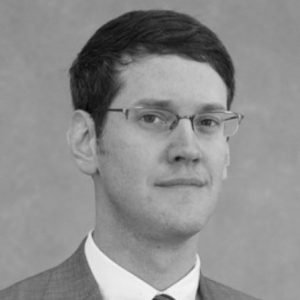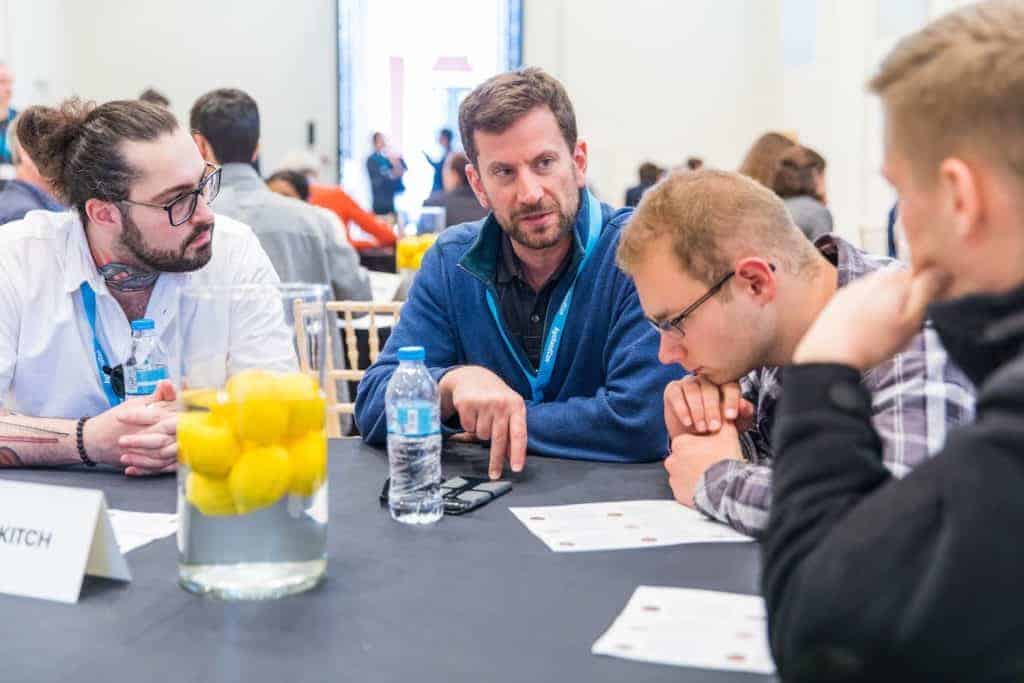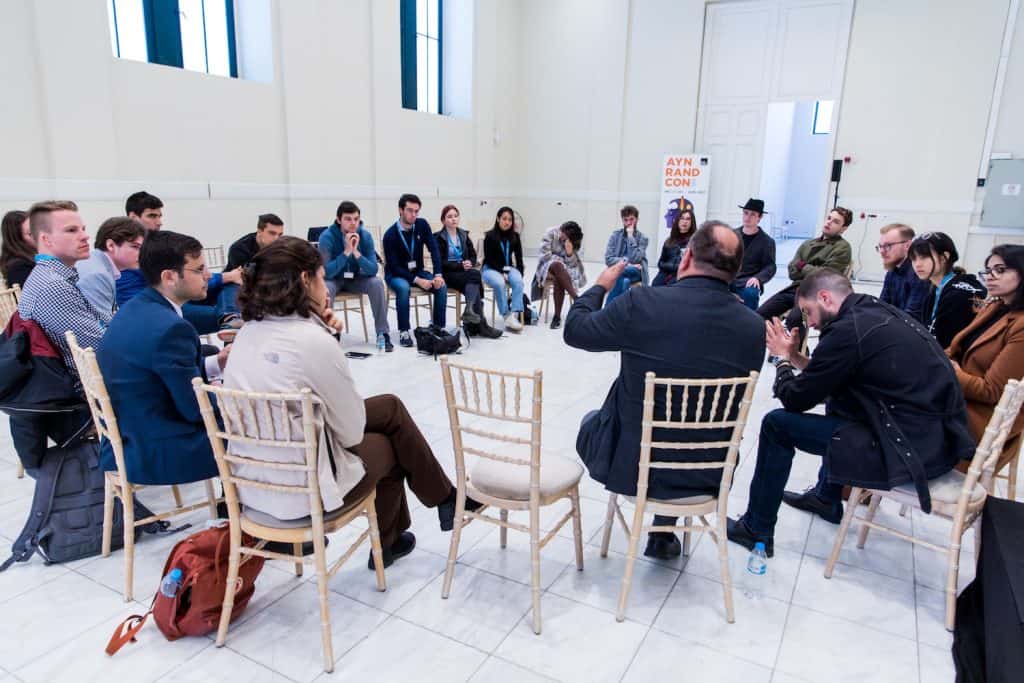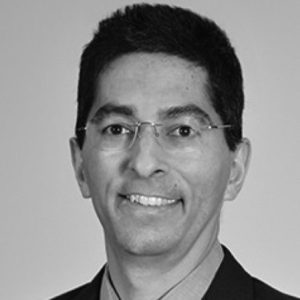Concept-Formation, Objectivity, and Certainty
In this third course, we will explore Objectivism’s approach to concept-formation, definitions, logic, and the relationship between reason and emotions. We begin with Rand’s take on the problem of universals and the process of concept formation.
Price
$490.00
Level
100
Length
20 Hours
Format
Flex
About this course
In this third course, we will explore Objectivism’s approach to concept-formation, definitions, logic, and the relationship between reason and emotions. We begin with Rand’s take on the problem of universals and the process of concept formation. The course discusses Objectivism’s view of the nature and means of objectivity, the contextual and hierarchical nature of knowledge, and the cognitive basis of emotions.
Course Prerequisites
Recommended: Objectivism through Ayn Rand's Fiction
Instructors

Ben Bayer
Dr. Bayer is a fellow and director of content at the Ayn Rand Institute. He teaches at Ayn Rand University and gives talks and interviews for ARI. He writes and edits for ARI’s online publication, New Ideal. Dr. Bayer holds a PhD in philosophy and his writing focuses primarily on the application of philosophy to contemporary cultural and political controversies.

Aaron Smith
Dr. Smith is an instructor and fellow at ARI where he teaches and designs educational content for the Institute’s intellectual training and e-learning programs. He also writes, speaks, and gives interviews for the Institute. Dr. Smith received his PhD in philosophy from Johns Hopkins University where his research focused on Aristotle’s theory of knowledge.
About Ayn Rand University
Ayn Rand described Objectivism as “a philosophy for living on earth.” This idea is at the heart of the Ayn Rand University, an online school of philosophy whose mission is to educate our students about Objectivism and to provide them with the intellectual, career, and life guidance they need to flourish.
Ayn Rand University provides an online educational experience, giving you the flexibility to attend from anywhere in the world. Each quarter, you’ll take one or more courses that feature lectures, graded assignments, classroom discussion, and feedback from our expert faculty. You may also meet regularly with one of our mentors, who will work with you to help you reach your learning and career goals so you can achieve success in thought and action. Though our program is demanding, most students find that they can succeed by devoting about 10 hours a week to their studies. And while we strongly encourage live attendance, all of our classes are recorded so that you can conveniently fit our classes into your schedule.








